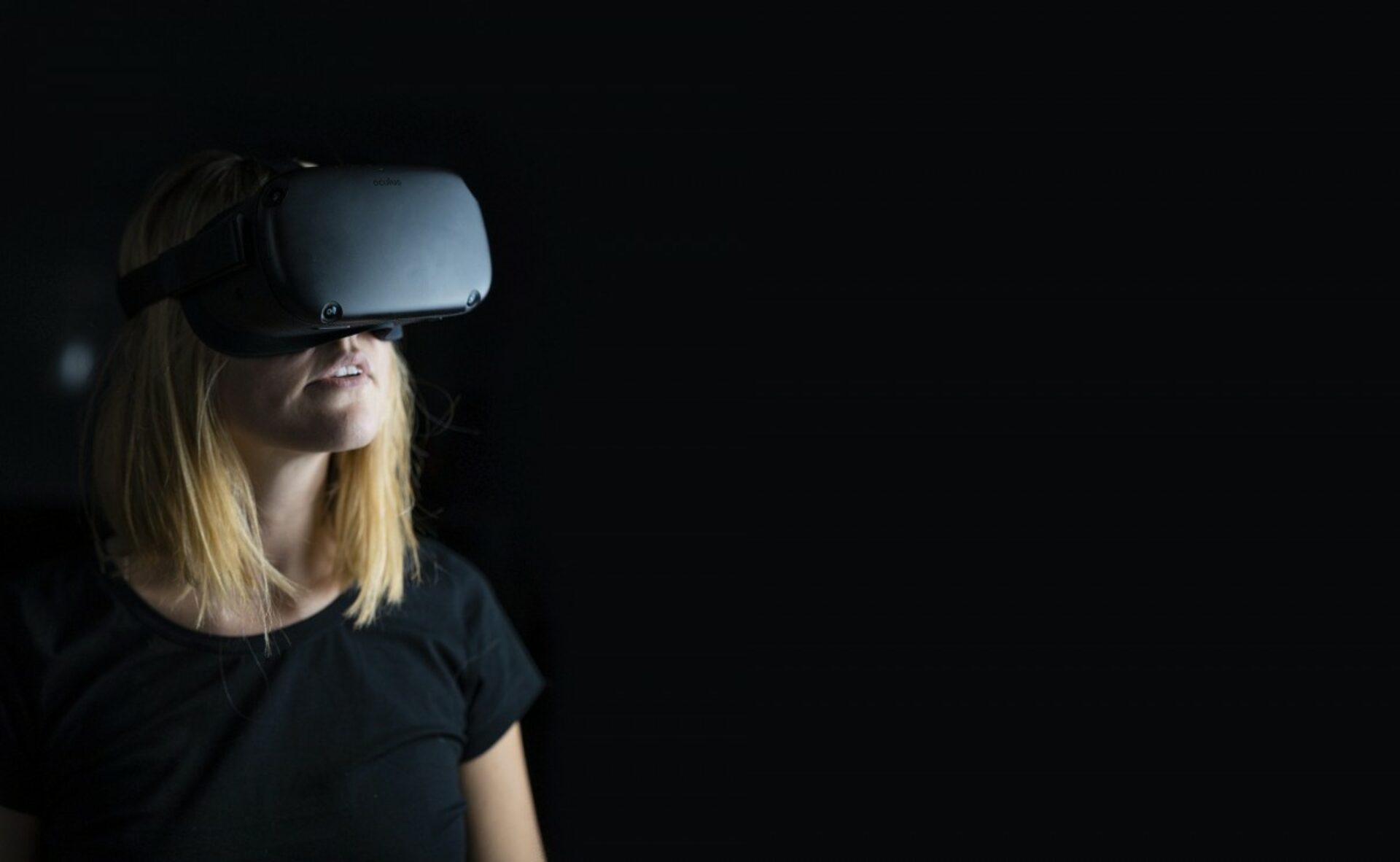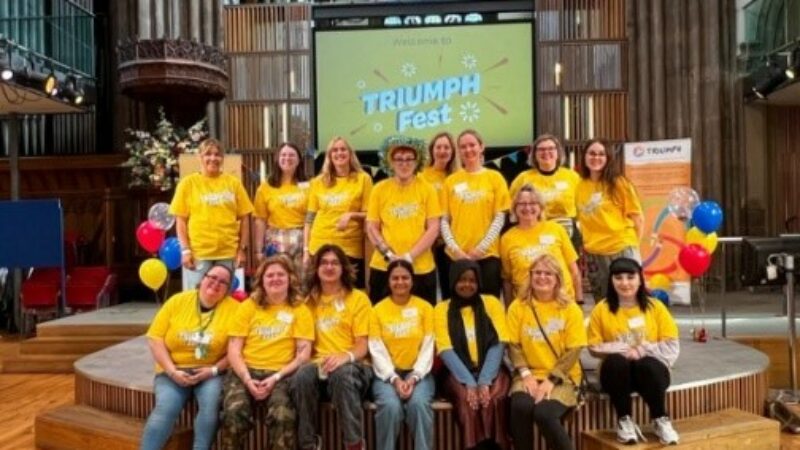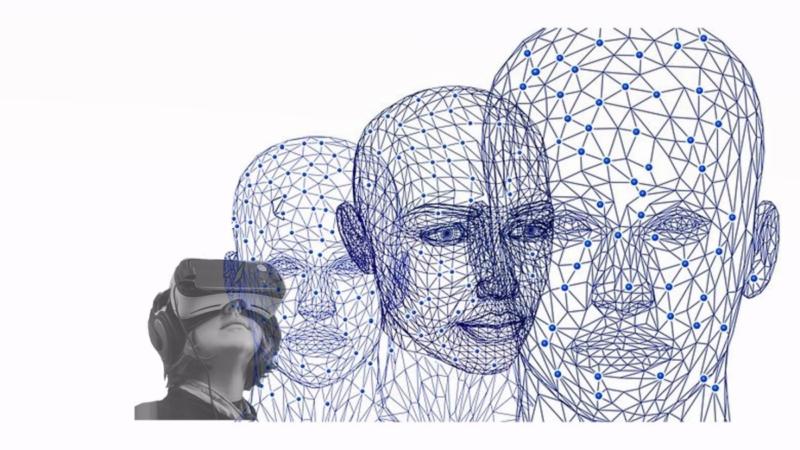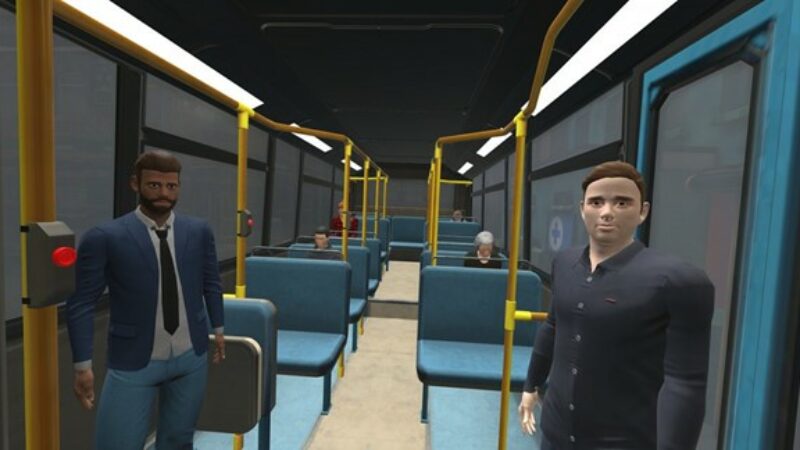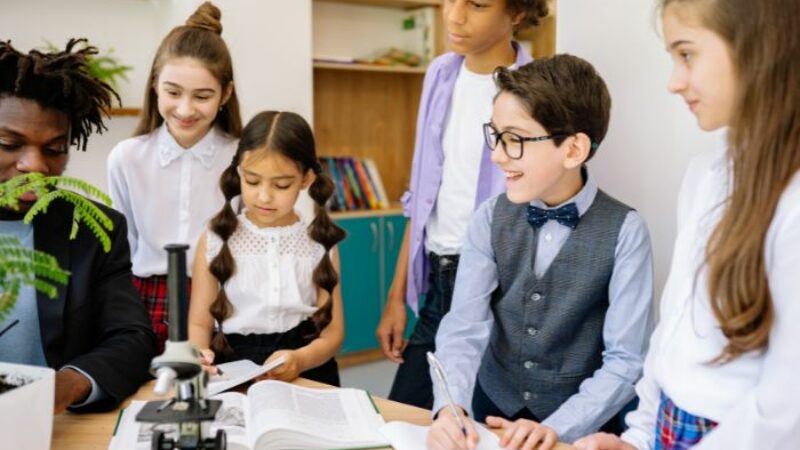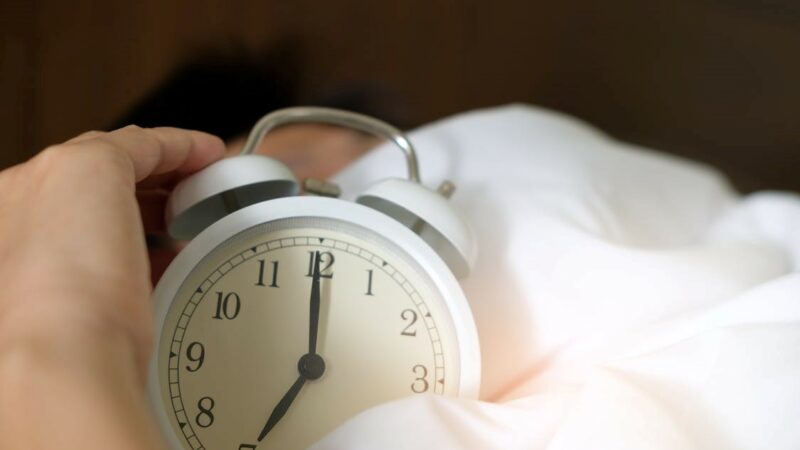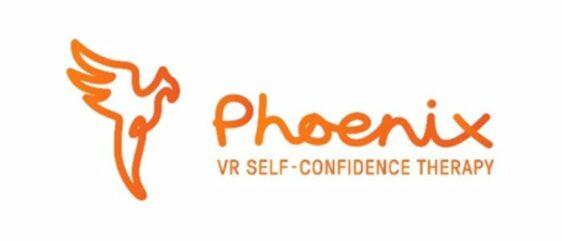
Project overview
The Phoenix project is developing a virtual reality (VR) approach for young people experiencing psychosis, designed to increase happiness, activity levels and overall quality of life.
The aim is that the VR intervention will help improve the self-confidence of young people with psychosis.
Project details
Young people with psychosis can often experience stigma from both others and themselves, which can result in them becoming overly self-critical and forming a negative self-view. Ultimately, this can lead people to withdraw from everyday situations.
This study will develop an approach aiming to improve the self-confidence of young people and enable them to engage better with everyday situations. We also hope that this study will lead to an improvement in people’s general mental health.
McPin has recruited young people (aged 16-30) to advise on this project.
The first stage of this project was to design and develop the virtual reality (VR) intervention. This was done with a lot of creative input from young people, who helped shape the final product.
We continue working with a Young People’s Advisory Group that was set up for this project. Together we’ve held creative workshops about VR design; made key decisions about the VR features; and conducted a user testing phase, with young people visiting the lab in Oxford to test the initial virtual reality builds.
The VR is now developed and has received “regulatory approval”, meaning it is a certified medical device and therefore ready to be tested in a study within NHS services. It is currently in its pilot trial with twelve people aged between 16 and 26 receiving around six VR therapy sessions and answering questionnaires before and after.
Their feedback will also be incorporated when further enhancing the technology. The team is still working improvements into the VR experience before the main trial.
The young people’s advisory group for the project will use their lived experience to advise on how to conduct further research in a way that is appropriate for the young people participating in the study.
For more information about this project, please email [email protected].
Related blogs
Related projects
Work with us
We are always excited to hear from others who want to collaborate on mental health research. From delivering peer research to helping you with public involvement strategies and providing training, get in touch to chat.

